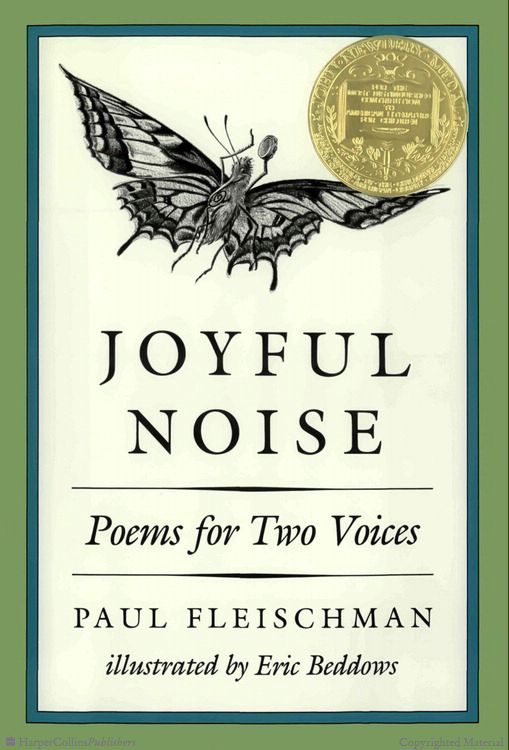Timeless Girl Survival Story: Julie of the Wolves by Jean Craighead George
Julie of the Wolves by Jean Craighead George
Julie of the Wolves by Jean Craighead George. 1972.
One of the first books I read in my 6th grade accelerated reading program, I reread it in college and read it again for this program. My first time through I fell in love with the wolves and the adventure-story elements of the book. My second time through I realized Julie was married! Oh my word! And ran away because her husband tried to rape her! My third time through, I noted much more:
- Plotting: George starts us off after much of the story’s action has taken place. Julie has run away, is lost, is starving, desperately needs these wolves. Although there are brief hints of the trouble Julie fled, there are no sustained flashbacks until deep into the book (in Part II).
- Setting: The amount of research that went into this book is amazing. Wolf-speak, Julie’s dialect, culturally specific attitudes and views. George is not native Eskimo, but if you told me she was, I wouldn’t doubt it for an instant.
- A conflict between showing and telling. Often Julie’s fears are told outright. Fear runs up her spine, she questions things internally. But the larger themes of the book are shown. She notices the gussak decorations of her father’s woman; he says he owns a plane. The author never connects her father’s plane with Amaroq’s death because it’s unnecessary. Or is it? The ending was a confusing muddle to me the first time I read this book. She found her father? But left him? Huh? Why? An adult reader will connect the dots in the beautifully laid gestalt, but a young reader might not.
- The final line bugs me as much as The Giver’s does: so does Miyax point her boots toward Kapugen her father or Kapugen her wolf? And does “point her boots” mean that’s where she’s headed? The age of the Eskimo is over, she’s giving up, she’s returning to her wolf-murdering, sold-out father? This is horrifying to me, as horrifying as the thought that the boy in The Giver stumbles upon “an echo” of civilization and freezes to death in the wilderness. What did the author intend? How can an author end a book well, leave room for interpretation, yet satisfy readers? Or is this particular reader especially thick? Could be.












In honor of a very special day, I thought I'd revive this old post about a book I found, um, intriguing, with some interesting asides...